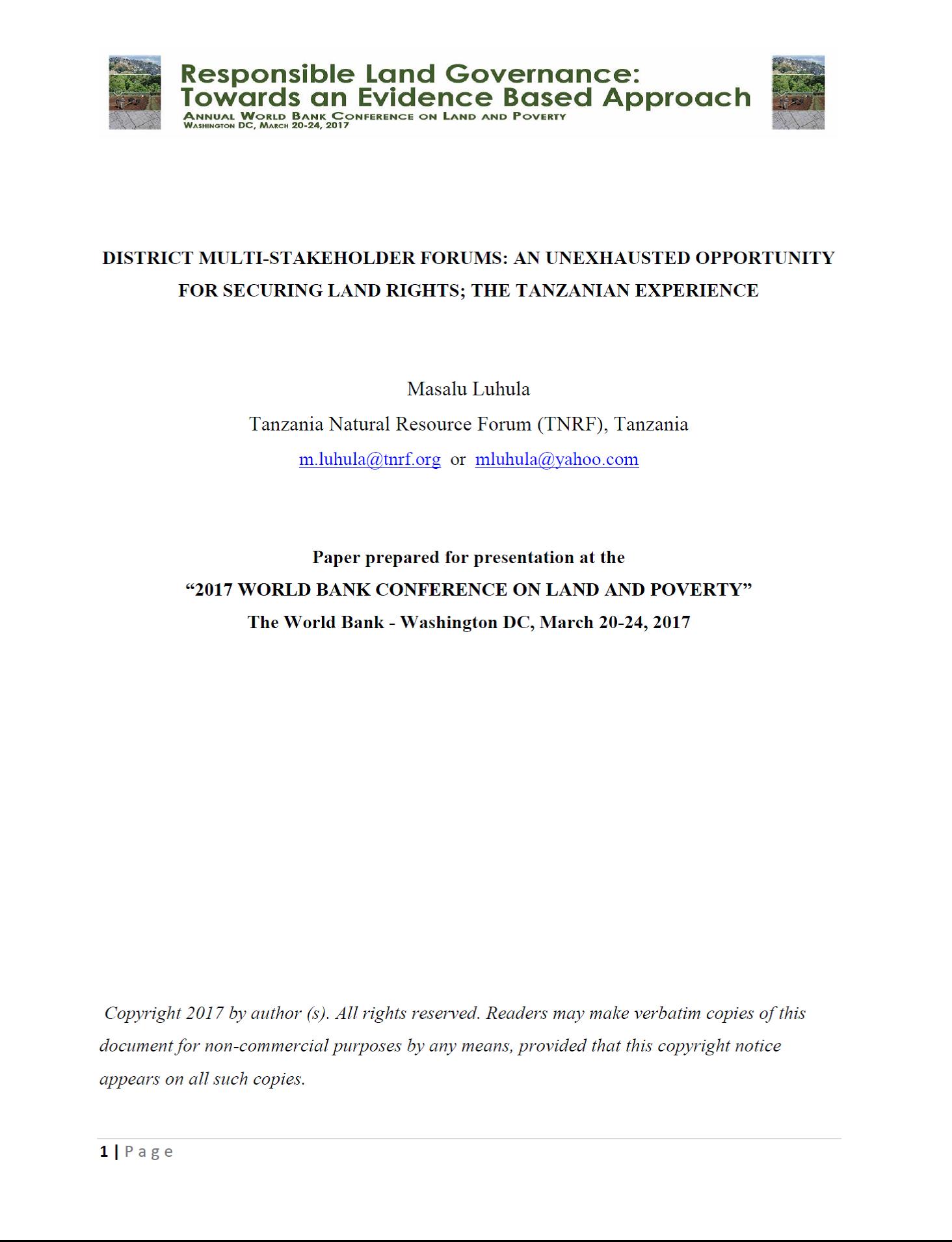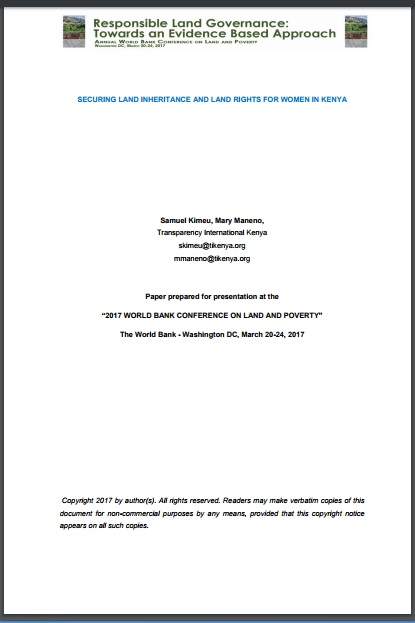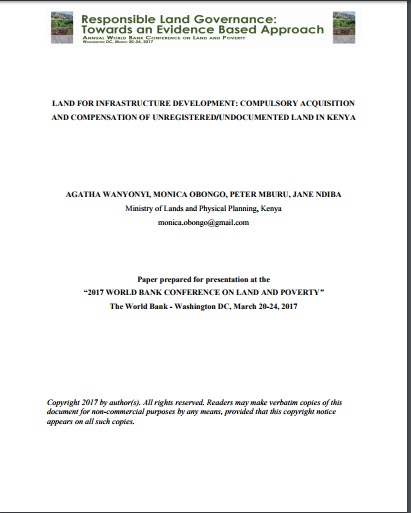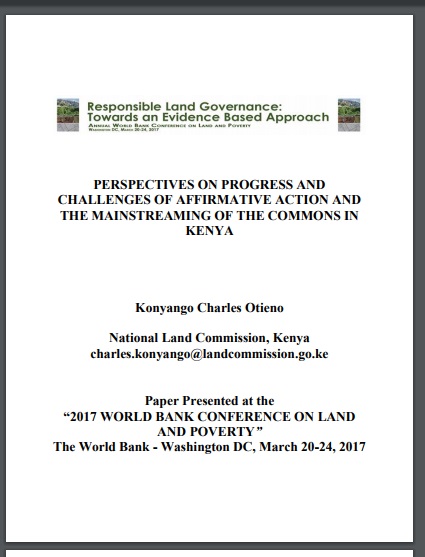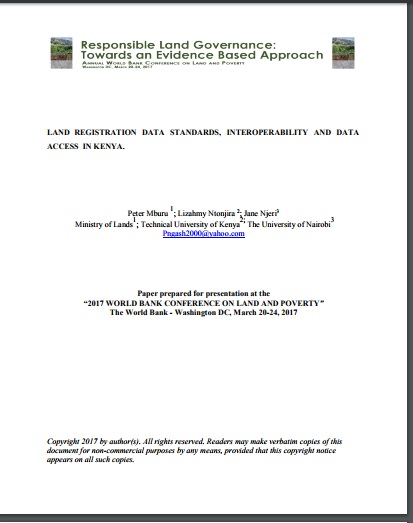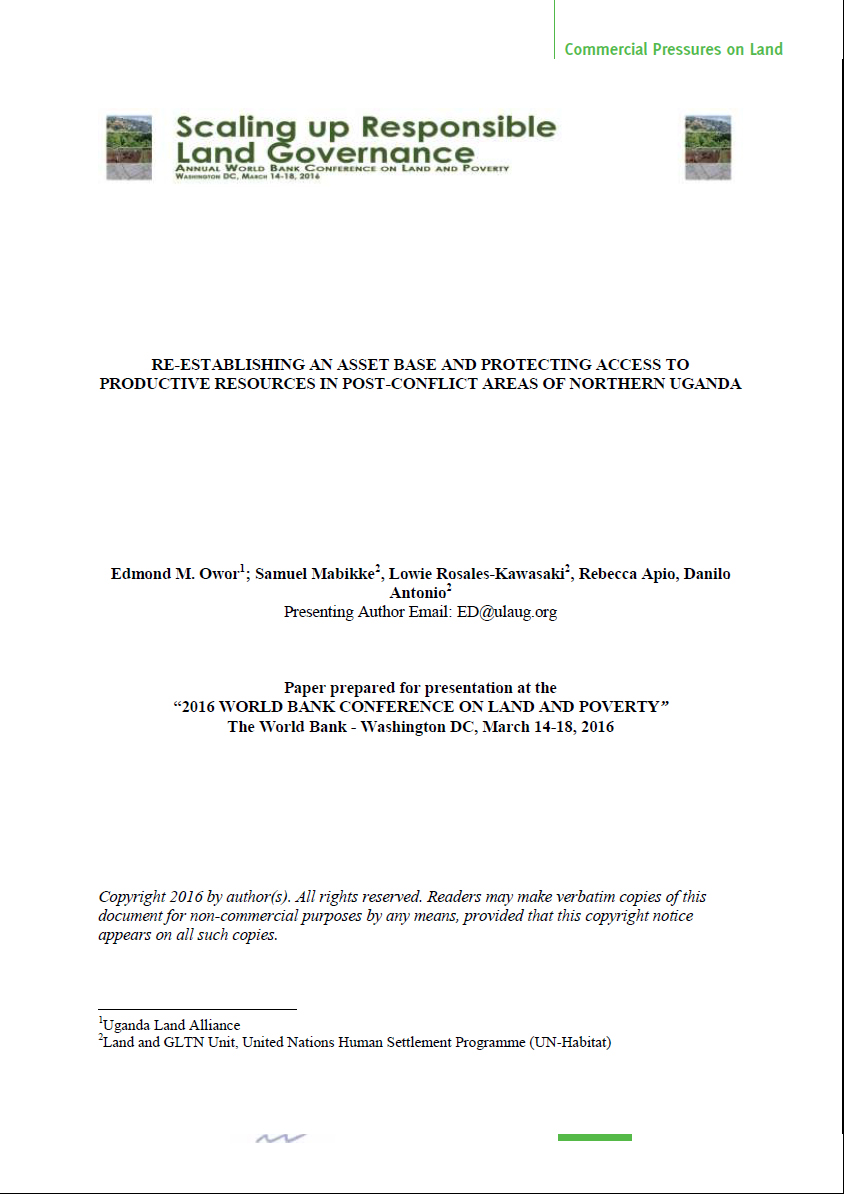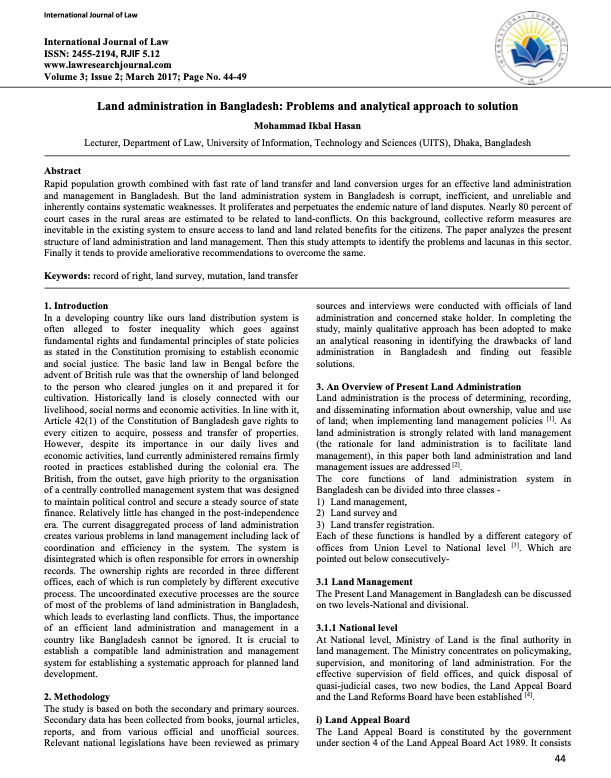Myanmar: Humanitarian Snapshot
Over the past six months Myanmar has
experienced a surge in new displacement
in four states, while humanitarian
organizations simultaneously faced severe
constraints on access. Border post attacks
on 9 Oct 2016 and subsequent security
operations triggered a new humanitarian
crisis in northern Rakhine. Intensified
conflict resulted in new displacement in
Kachin and northern Shan. Thousands
were also relocated in Kayin State due to
fighting in Sep 2016...


